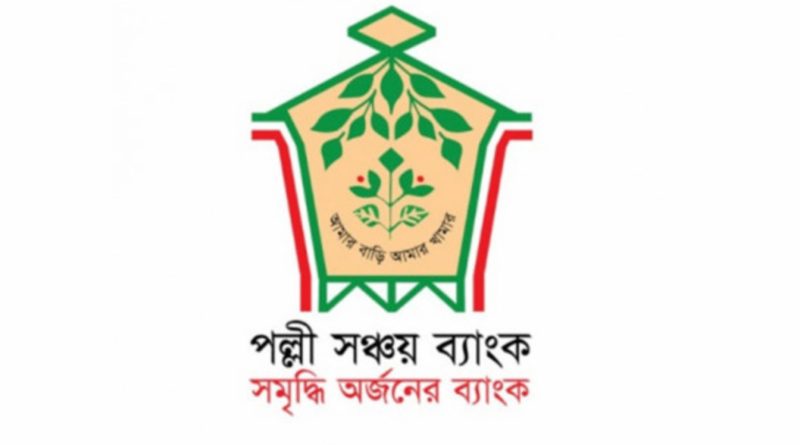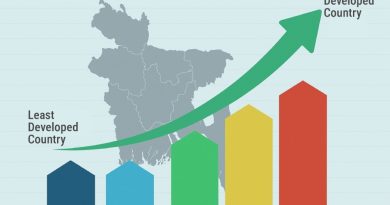State-owned Palli Sanchay Bank (PSB) has sought a 10-year exemption from income tax and Value Added Tax (VAT) to help expand its rural development activities and boost investments targeting low-income communities.
In a recent letter to the government, Managing Director Salma Banu urged approval of the tax break for the period from FY2017–18 to FY2026–27, arguing that the measure would strengthen the bank’s ability to support small enterprises and rural livelihoods.
The request follows earlier directives from the Prime Minister’s Office (PMO), which had instructed the relevant ministries to consider an 11-point reform plan — including tax and VAT exemptions — after a high-level meeting between the Financial Institutions Division (FID) and the Rural Development and Co-operatives Division.
According to the PSB chief, the exemption is critical for a bank that primarily serves rural clients and operates without the kind of large-scale deposits that commercial banks attract. Unlike private banks, PSB relies heavily on refinancing funds rather than traditional capital inflows. “With tax relief, the bank could reinvest more in rural ventures and scale up operations that directly improve livelihoods,” she noted in the proposal.
Since its inception, PSB has built a wide-reaching presence across rural Bangladesh. The bank currently serves over 3.08 million clients, of whom 630,000 are engaged in small and medium enterprises, 606,000 in milk production, 490,000 in cow fattening, and 350,000 in agriculture-related ventures. Another one million clients are involved in other forms of rural income-generating activities.
To ensure grassroots reach, PSB has established around 120,000 village associations across the country, which act as community-level financial groups for savings and credit.
The bank’s authorised capital stands at Tk 10 billion, with a paid-up capital of Tk 3.17 billion. Each share is valued at Tk 100, and the government holds a 51 percent stake, while village associations own the remaining 49 percent, according to official data.
Officials familiar with the proposal said the 10-year tax and VAT exemption would enable PSB to reinvest its earnings directly into rural lending and development projects instead of diverting funds for tax payments.
Analysts note that if approved, the move could not only ease operational constraints for PSB but also align with the government’s broader rural poverty reduction agenda, especially at a time when financial inclusion remains central to achieving national development goals.






